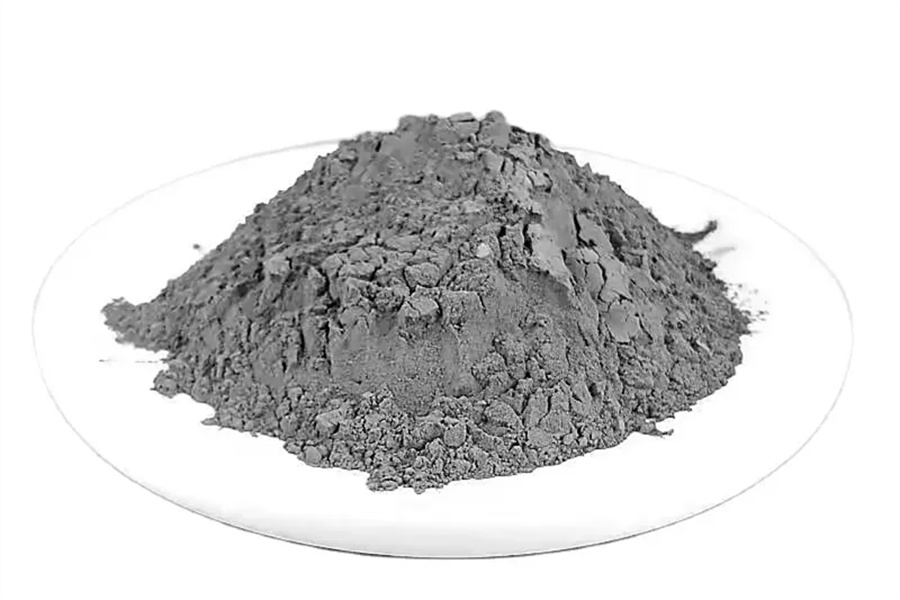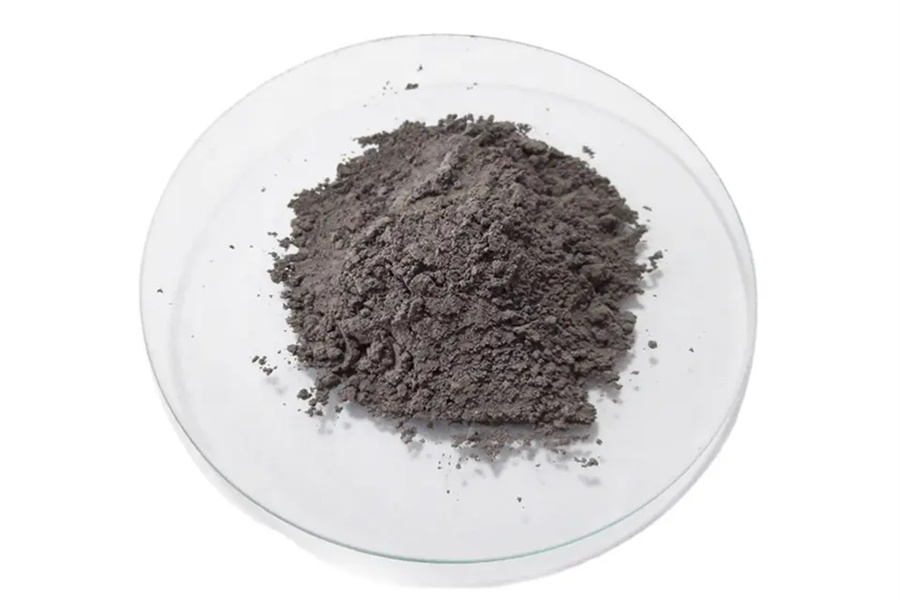The reactions catalyzed by rhodium acetate in the field of organic synthesis catalysis
Rhodium acetate, as a highly efficient catalyst, has demonstrated broad application prospects in the field of organic synthesis. Especially in carbon-hydrogen bond activation reactions, cyclization reactions, and carbene transfer reactions, rhodium acetate has brought revolutionary breakthroughs to organic synthetic chemistry with its unique catalytic properties. Carbon-Hydrogen Bond Activation Reactions
In organic synthesis, the activation of carbon-hydrogen bonds has always been a challenging problem. Due to the general stability of carbon-hydrogen bonds, which makes them difficult to directly participate in chemical reactions, finding effective activation strategies has been a focus of attention for chemists. Rhodium acetate exhibits extremely high catalytic activity in this field. It can form specific complexes with substrate molecules and selectively activate certain carbon-hydrogen bonds, enabling them to participate in subsequent chemical reactions. This strategy not only simplifies the synthesis route but also improves the selectivity and yield of the target product. For example, in directed group-assisted carbon-hydrogen bond activation reactions, rhodium acetate can precisely activate specific carbon-hydrogen bonds in substrate molecules, achieving efficient functional transformation.
Carbon-Hydrogen Bond Activation Reactions
In organic synthesis, the activation of carbon-hydrogen bonds has always been a challenging problem. Due to the general stability of carbon-hydrogen bonds, which makes them difficult to directly participate in chemical reactions, finding effective activation strategies has been a focus of attention for chemists. Rhodium acetate exhibits extremely high catalytic activity in this field. It can form specific complexes with substrate molecules and selectively activate certain carbon-hydrogen bonds, enabling them to participate in subsequent chemical reactions. This strategy not only simplifies the synthesis route but also improves the selectivity and yield of the target product. For example, in directed group-assisted carbon-hydrogen bond activation reactions, rhodium acetate can precisely activate specific carbon-hydrogen bonds in substrate molecules, achieving efficient functional transformation. Cyclization Reactions
Cyclization reactions are important means for constructing cyclic compounds, and rhodium acetate also performs exceptionally well in this field. For substrate molecules containing unsaturated bonds such as alkenyl and alkynyl groups, rhodium acetate can catalyze intramolecular cyclization reactions to form various cyclic compounds. These cyclic compounds have significant application value in fields such as drug synthesis and materials science. The cyclization reactions catalyzed by rhodium acetate have the advantages of mild reaction conditions and broad substrate applicability, enabling the effective construction of various complex cyclic structures. For instance, in the cyclopropanation of alkenes, rhodium acetate can catalyze the cyclization reaction between alkenes and carbene intermediates to generate cyclopropane compounds, which are widely present in drug molecules.
Cyclization Reactions
Cyclization reactions are important means for constructing cyclic compounds, and rhodium acetate also performs exceptionally well in this field. For substrate molecules containing unsaturated bonds such as alkenyl and alkynyl groups, rhodium acetate can catalyze intramolecular cyclization reactions to form various cyclic compounds. These cyclic compounds have significant application value in fields such as drug synthesis and materials science. The cyclization reactions catalyzed by rhodium acetate have the advantages of mild reaction conditions and broad substrate applicability, enabling the effective construction of various complex cyclic structures. For instance, in the cyclopropanation of alkenes, rhodium acetate can catalyze the cyclization reaction between alkenes and carbene intermediates to generate cyclopropane compounds, which are widely present in drug molecules. Carbene Transfer Reactions
Carbene transfer reactions are an important class of organic synthesis reactions that enable the introduction and transformation of various functional groups. Rhodium acetate plays a crucial catalytic role in this reaction. By reacting with diazo compounds, rhodium acetate can generate metal carbene intermediates and then transfer the carbene group to the substrate molecule, achieving the transformation of functional groups. This strategy has significant advantages in constructing important chemical bonds such as carbon-carbon bonds and carbon-heteroatom bonds. For example, in reactions such as the cyclopropanation of alkenes and the cycloaddition of alkynes, the carbene transfer reactions catalyzed by rhodium acetate can efficiently produce the target product with mild reaction conditions and good selectivity.
Carbene Transfer Reactions
Carbene transfer reactions are an important class of organic synthesis reactions that enable the introduction and transformation of various functional groups. Rhodium acetate plays a crucial catalytic role in this reaction. By reacting with diazo compounds, rhodium acetate can generate metal carbene intermediates and then transfer the carbene group to the substrate molecule, achieving the transformation of functional groups. This strategy has significant advantages in constructing important chemical bonds such as carbon-carbon bonds and carbon-heteroatom bonds. For example, in reactions such as the cyclopropanation of alkenes and the cycloaddition of alkynes, the carbene transfer reactions catalyzed by rhodium acetate can efficiently produce the target product with mild reaction conditions and good selectivity.






